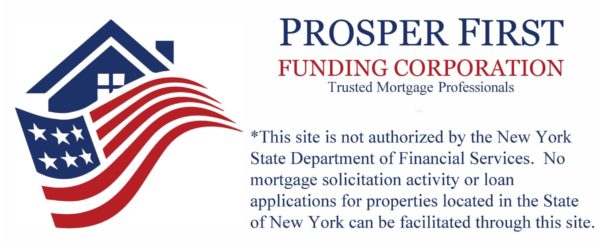There’s a term that always floats around the mortgage and real estate industries called “mortgage insurance”. You hear it often because some of the most prevalent loans of recent—FHA loans—require both one-time, up-front mortgage insurance as well as monthly mortgage insurance on high loan-to-value loans.
Unfortunately, nobody seems to eager to explain this to you or tell you what its impact is on your home loan… until now! We’ve done a bunch of research on your behalf to give you a nice, easily digestible article about what mortgage insurance means. So, here are five things you need to know about mortgage insurance.
It’s Like Regular Insurance, But Not
Mortgage insurance is a type of insurance. It protects someone in the event of a loss. In this case, it protects the mortgage company against losing money should you quit paying for your mortgage. That’s kind of where the “like regular insurance” part ends. Because even though it protects the lender, you as the borrower are the one who pays it.
There Are Two Types of Mortgage Insurance
You have to get mortgage insurance on pretty much any loan with less than 20 percent down. There are, however, two types of mortgage insurance. There’s private mortgage insurance (PMI), which you usually get with a conventional loan, and there’s government mortgage insurance, which you get with an FHA or VA loan. Government mortgage insurance has an up-front premium as well as a monthly premium.
To Be Fair, It’s Not Always Required
It’s true; you don’t always have to pay mortgage insurance. Typically mortgage insurance is only required on loans when the down payment is less than 20 percent. So, if you’ve got a sizeable enough down payment saved up, you’re good. Otherwise, plan on paying mortgage insurance.
Even If You Have To Pay It, It Won’t Last Forever… Mostly
Now, private mortgage insurance can usually be canceled when you reach over 20 percent equity in your home. Typically, you’d call your lender, request to have your PMI removed, get an appraisal, and boom(-ish). (Note, this will not happen automatically so you’ll want to be proactive about it.)
With government mortgage insurance however, it’s not so rosy. Starting in 2013, if you get a loan with less than 10 percent down, you’re going to hold on to that mortgage insurance for the life of the loan. If you achieve equity and/or pay down your mortgage, you may want to look into refinancing to remove mortgage insurance.
Even Though It Stinks, It’s Probably A Good Thing
Mortgage insurance may seem like kind of a racket. You pay the premiums on something that covers the guy on the other side, you don’t get to pick whom it comes from, and you might be stuck paying it forever.
That being said, without the invention of mortgage insurance, people with less than 20 percent down probably wouldn’t be able to purchase a home, period. I bet that would put a lot of people (including most of you reading this) out of homeownership’s reach.
My husband and I are looking at a house that has an HOA, but we never lived with one before so we are curious to know if there are benefits to having one. I liked how you pointed out that one good thing is that they will provide a landscape company to help with the yard work. It will be great not having to worry about spending all of our time doing it, but having it still look nice.
Very nice love the colors
I would love to have a tiny home to live in! It seems more manageable and affordable. The Hiatus in Oregon is beautiful. I love the wood floors. can you put a tiny house on any property? Thanks for the inspiration and information!
I have a home in Stamford CT and I am looking for someone to assume my mortgage. Not sure if you are interested in something like this based on what I saw on your website. Eric
Is it possible to buy a first home with a 580 credit score? The house is in Groton ct and is only $90,000
